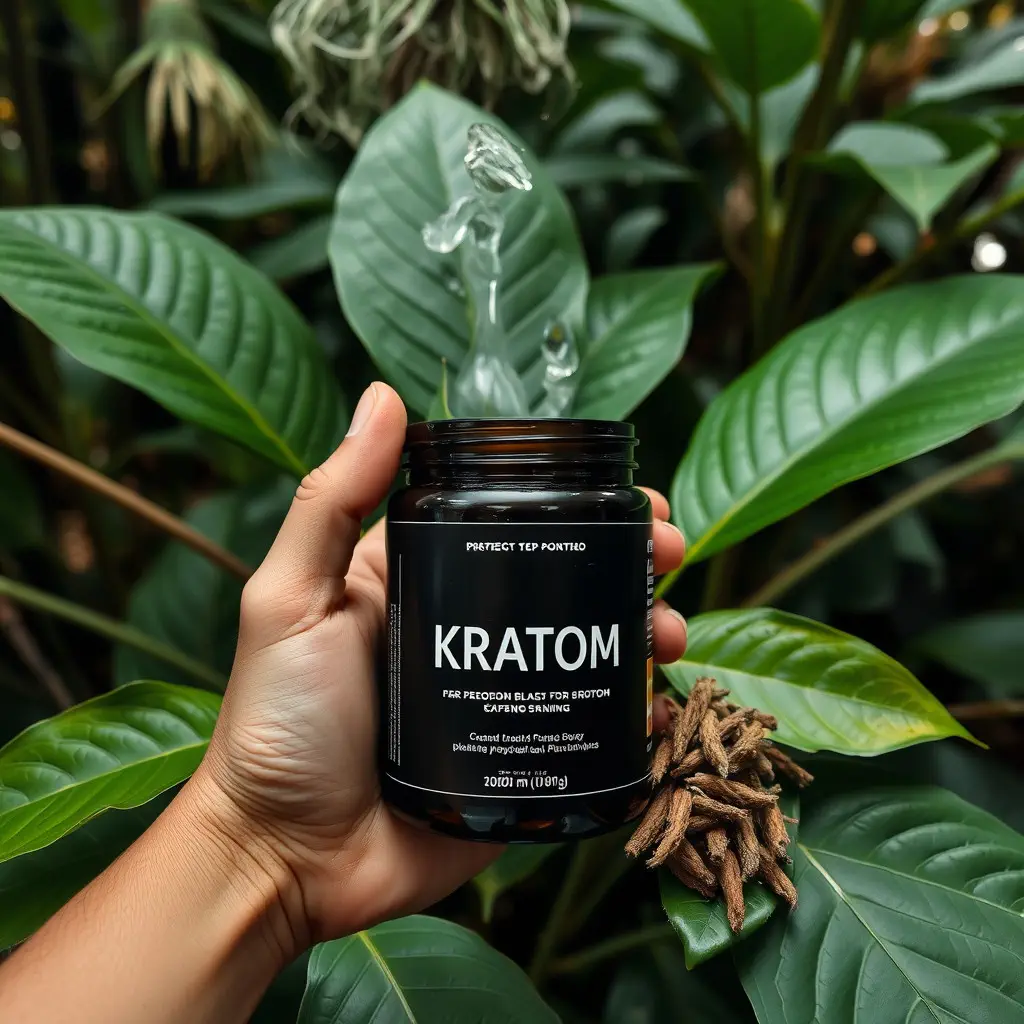Kratom, an Asian herb with historical medicinal use, has been the subject of scientific research due to its potential anti-inflammatory benefits. Studies are focusing on how kratom's alkaloids, particularly mitragynine and 7-hydroxymitragynine, can modulate the immune response by interacting with molecular pathways that regulate inflammation. This suggests kratom could be a natural alternative for managing various inflammatory conditions. The integration of herb capsule filling machines into production has been transformative, allowing for precise dosing and consistent quality in kratom products, which is essential for both consumer safety and scientific evaluation. These machines standardize the alkaloid content per capsule, ensuring efficacy and reliability. By operating under controlled conditions to preserve the integrity of the alkaloids and filling capsules in a cleanroom setting, these machines enhance the purity and safety of kratom supplements, making them a reliable option for those looking to naturally reduce inflammation and support their health. The role of herb capsule filling machines in the production process is critical for the advancement of kratom's therapeutic potential within the healthcare sector.
explore the potential of kratom, an herbal supplement, in modulating inflammation responses within the body. This article delves into the mechanisms behind kratom’s anti-inflammatory effects and offers insights on optimizing its use through precise herb capsule filling techniques facilitated by advanced machinery. Uncover the science and artistry of harnessing kratom for health benefits, ensuring you receive the best possible outcomes from this promising natural remedy.
- Unraveling the Role of Kratom in Inflammation Reduction
- The Science Behind Kratom's Anti-inflammatory Properties and Their Mechanisms
- Maximizing Effectiveness: The Art of Herb Capsule Filling with Precision and Care for Optimal Kratom Dosage
Unraveling the Role of Kratom in Inflammation Reduction
Kratom, a tropical evergreen tree native to Southeast Asia, has garnered attention for its potential anti-inflammatory properties. Traditionally used in regional medicines, modern research is unraveling the complex role of kratom alkaloids in inflammation reduction. Studies suggest that kratom’s alkaloids, such as mitragynine and 7-hydroxymitragynine, may modulate immune responses, which could be beneficial for managing various types of inflammation. The mechanisms by which kratom exerts its anti-inflammatory effects are multifaceted, potentially influencing key pathways implicated in the body’s inflammatory response. This has piqued the interest of researchers and manufacturers alike, leading to the development of innovative solutions like herb capsule filling machines to produce standardized kratom products for therapeutic use. These machines ensure precise dosing and consistent quality, making kratom a more accessible and reliable option for individuals seeking natural alternatives to manage inflammation. As the scientific community continues to investigate the efficacy and safety of kratom for inflammation reduction, these advancements in production technology play a crucial role in shaping its potential applications in healthcare.
The Science Behind Kratom's Anti-inflammatory Properties and Their Mechanisms
Kratom, a tropical evergreen tree native to Southeast Asia, has been traditionally used in local cultures for its medicinal properties. Modern scientific research has begun to unravel the mechanisms behind kratom’s potential anti-inflammatory effects. These effects are primarily attributed to its alkaloid constituents, such as mitragynine and 7-hydroxymitragynine, which have been shown in studies to modulate various molecular pathways involved in inflammation. The anti-inflammatory action of kratom is thought to occur through the inhibition of pro-inflammatory cytokines and enzymes. This inhibition can help reduce the production of substances responsible for pain and swelling, offering relief for conditions characterized by inflammation. The standardization of kratom through processes like herb capsule filling machines ensures that each dosage contains a consistent amount of these active alkaloids, thereby optimizing their therapeutic benefits. This standardization is crucial for both research purposes and the production of supplements for consumer use, enhancing the reliability and efficacy of kratom as an anti-inflammatory herbal remedy. The science behind kratom’s mechanisms is complex but holds potential for addressing inflammation in a variety of conditions, offering a natural alternative to synthetic anti-inflammatory drugs.
Maximizing Effectiveness: The Art of Herb Capsule Filling with Precision and Care for Optimal Kratom Dosage
When considering inflammation reduction with kratom, one of the most critical factors for achieving optimal effectiveness is precise dosage and consistent quality. To ensure that each dose provides the desired therapeutic effects, herb capsule filling machines play a pivotal role in the production process. These sophisticated pieces of equipment are designed to fill kratom into capsules with unparalleled accuracy, minimizing variability that could otherwise affect the efficacy of the dosage. The precision of an herb capsule filling machine allows for standardization across batches, which is essential for maintaining a consistent potency level in each capsule. This consistency is not only vital for consumer reliability but also for medical research and regulatory compliance.
Furthermore, the care taken during the capsule filling process extends beyond mere accuracy. The herb capsule filling machine operates under controlled conditions to preserve the integrity of the kratom alkaloids. Temperature and humidity are carefully regulated to prevent degradation, ensuring that each capsule is as effective as the last. Moreover, the use of such equipment in a cleanroom environment further guarantees the purity and safety of the product, which is crucial when dealing with natural supplements like kratom. By leveraging advanced herb capsule filling machines, manufacturers can significantly enhance the effectiveness of kratom products for inflammation reduction, providing users with a reliable and potent means to support their health objectives.
In conclusion, the potential role of kratom in reducing inflammation presents an intriguing avenue for therapeutic intervention. The scientific community has begun to elucidate the mechanisms behind its anti-inflammatory properties, offering a glimpse into how this herbal remedy could be harnessed effectively. Precision and care are paramount when it comes to herb capsule filling, as evidenced by the strategic use of advanced herb capsule filling machines, which play a crucial role in ensuring optimal dosages for consistent results. As research continues to unfold, it is clear that kratom holds promise for those seeking natural alternatives for managing inflammation. Prospective studies and clinical trials are necessary to fully understand its efficacy and safety profiles, thereby guiding its responsible use within the medical community.






